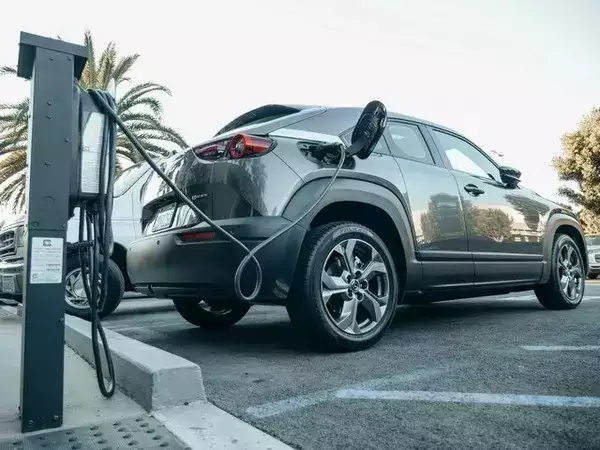
Slightly more than half the total amount of support was in the form of sales tax exemptions, according to the research from Scott Kennedy, a China specialist at the Center for Strategic and International Studies. The rest is made up of nationally approved buyer rebates, government funding for infrastructure such as charging stations, government procurement of EVs as well as R&D support programs, he wrote in a blog post.
The findings come just after the European Union announced it will hike tariffs to as high as 48% on vehicles imported from China to compensate for subsidies. That followed the decision by the US to quadruple tariffs on the cars, while Canada is now preparing potential new tariffs, according to a Bloomberg report.
“Chinese EV’s have benefited from massive industrial policy support, and their quality is improving, making them attractive to domestic and overseas consumers,” Kennedy wrote. “An effective response by the US, Europe and others must take account of both facts.”
He described the data as “highly conservative,” noting that it doesn’t include local-level rebate programs in cities like Shanghai and Shenzhen designed to encourage owners of conventional cars to switch to EVs. It also doesn’t include low-cost land, electricity, and credit that some EV manufacturers can access and benefit from, and excludes support for battery companies and other parts of the supply chain.
On a per-vehicle basis, support has fallen from USD 13,860 in 2018 to just under USD 4,600 in 2023, or less than the USD 7,500 credit available to US buyers of qualifying vehicles under the Inflation Reduction Act, according to the post. Sales-tax exemptions were worth almost USD 40 billion last year, with this jumping from under USD 10 billion in 2020 due to the rapid increase in sales of EVs.
“If Chinese EVs were pieces of junk, then they would not be a serious challenge to the rest of the world’s automakers,” Kennedy wrote. “In general, Western automakers and governments have dilly dallied and not been aggressive enough.”
Disclaimer: The copyright of this article belongs to the original author. Reposting this article is solely for the purpose of information dissemination and does not constitute any investment advice. If there is any infringement, please contact us immediately. We will make corrections or deletions as necessary. Thank you.





